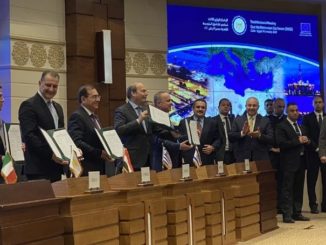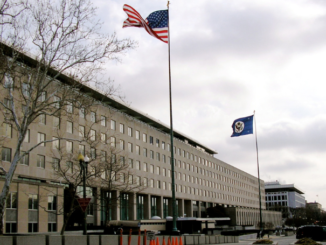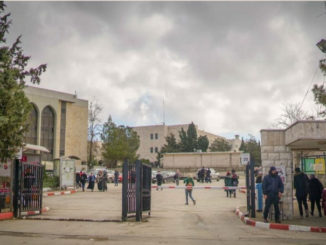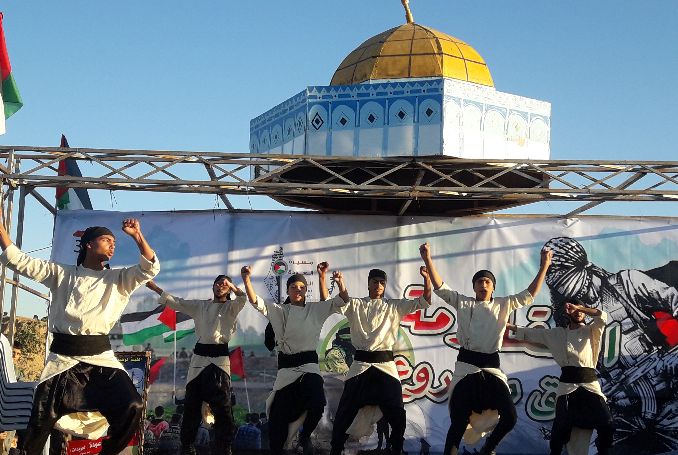
By Haidar Eid 
The great Italian, Marxist thinker Antonio Gramsci wrote about the reasons why he does not celebrate the coming of the new year from a critical perspective. He also wrote very eloquently about the pessimism of the intellect and the optimism of the well. These are the two driving ideas behind these reflections on the new year eve.
In much-quoted wisdom, Nobel Laureate, Archbishop Desmund Tutu of South Africa once said:
“If you are neutral in situations of injustice, you have chosen the side of the oppressor.”
Alas, while IOF were bombing heavily populated neighborhoods in Gaza in three successive massacres, given grotesque names by the dim-witted military leaders of apartheid Israel, and while it is still slaughtering civilians at the Gaza eastern fence, the UN, EU, Arab League and the international community by and large have remained silent in the face of atrocities committed by happy-trigger Israeli soldiers.
We are then correct to reach the conclusion that they are on the side of Israel. Thousands of dead corpses of children and women have failed to convince them to intervene. But we also know that this is the same international community that remained silent for more than 30 years when the inhumane apartheid system was slaughtering black South Africans!
We are, therefore, left with one option, an option that does not wait for the United Nations Security Council or Arab and Islamic summits: the option of people’s power, as we have been repeatedly saying. This remains the only power capable of counteracting the massive power imbalance between a nuclear settler-colony with genocidal tendencies and a colonized, native population.
The horror of the racist apartheid regime in South Africa was challenged with a sustained campaign of boycott, divestment and sanctions (BDS) initiated in 1958 and given new urgency in 1960 after the Sharpeville Massacre and the mid-70s after the Soweto uprising.
A military embargo was imposed on the apartheid regime in an attempt to address the huge power imbalance and in support of the oppressed blacks of South Africa. This campaign led ultimately to the collapse of white rule in 1994 and its satellite Bantustans and the establishment of a multi-racial, democratic state, a state for ALL of its citizens regardless of race, religion or sex.
Similarly, the Palestinian call for boycott, divestment, and sanctions has been gathering momentum since 2005. Gaza 2009, 2012, 2014 and 2018 (GMR) like Sharpeville 1960, cannot be ignored: it demands a response from all who believe in common humanity.
Now is the time to boycott the apartheid Israeli state, to divest and to impose sanctions against it. With more weapons supplied by the US and Europe, Israel will not only go on killing more civilians, claiming that they are terrorists, but will also make sure that the Arab World is ruled by despots whose very survival is reliant on it.
The courageous Australian journalist John Pilger has this to say:
“What happens in Gaza is the defining moment of our time, which either grants the impunity of war criminals the immunity of our silence, while we contort our own intellect and morality, or gives us the power to speak out.”
A combination of mass mobilization on the ground and international solidarity, is, therefore, becoming the way forward. This is the sentiment one senses every Friday at the eastern fence of the Gaza concentration camp where tens of thousands of Gazans demonstrate demanding the implementation of their UN-sanctioned right of return. Ours is part of a global movement of resistance to religious exclusivism, xenophobia, and tribalistic worldview represented by the rise of the far right in the US and Israel.
The latest BDS victories prove that the tide is turning, that like the American South, Northern Ireland and South Africa, history will have its say but that comes with a heavy price, thanks to the blood spilled at the Gaza eastern fence, that of Razan Najjaar and Yasser Murataja and Ahmed Udaini, and all the other martyrs of Palestine.
– Haidar Eid is an Associate Professor in the Department of English Literature at the Al-Aqsa University, in the Gaza Strip. He contributed this article to PalestineChronicle.com
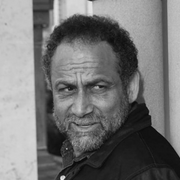
– Haidar Eid is an Associate Professor in the Department of English Literature at the Al-Aqsa University, in the Gaza Strip. He is a research associate at the Center for Asian Studies in Africa at the University of Pretoria. He contributed this article to The Palestine Chronicle.

